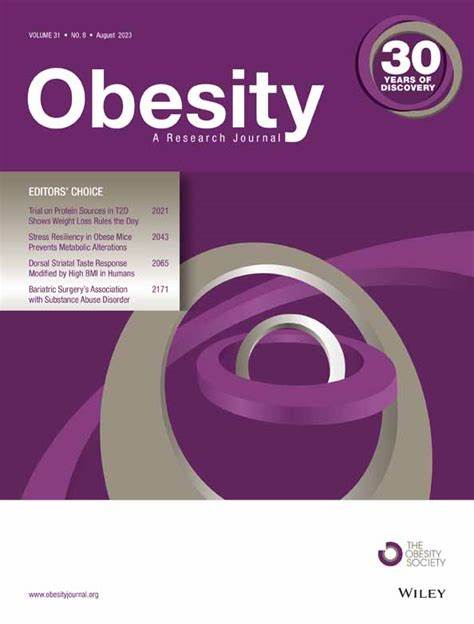Food-related implicit associations predict self-reported eating behaviors and dietary habits in large US samples
Abstract
Objective
Implicit associations, i.e., automatically activated attitudes and intuitions, may contribute to isolated food choices and body weight. Studies of food-related implicit associations have yielded mixed results and have not explored their role in eating behaviors or dietary patterns. We examined implicit associations toward the palatability and acceptability (vs. shame) of healthy food and their relationships with self-reported eating behaviors (eating in absence of hunger) and dietary patterns (fruit, vegetable, and sugar-sweetened beverage consumption) and socioeconomic indicators.
Methods
Two US samples (i.e., Palatable Food, n = 11,504; and Acceptable Food, n = 12,128) from Project Implicit Health were analyzed. Implicit associations were measured with Implicit Association Tests. Linear and logistic regressions examined associations of implicit and related explicit self-reported responses (perceived healthy eating and acceptability of healthy food, respectively) with eating behaviors, dietary patterns, and socioeconomic indicators.
Results
One-sample t tests revealed health-favoring implicit palatability and acceptability associations. Implicit associations predicted healthier self-reported eating behaviors and dietary patterns independent of explicit responses. There were inconsistent associations with socioeconomic indicators.
Conclusions
Health-favoring implicit food-related associations uniquely contribute to healthier eating behaviors and dietary patterns. These health-favoring associations could be a promising, yet underrecognized, target to promote healthier diets in the United States.

 求助内容:
求助内容: 应助结果提醒方式:
应助结果提醒方式:


